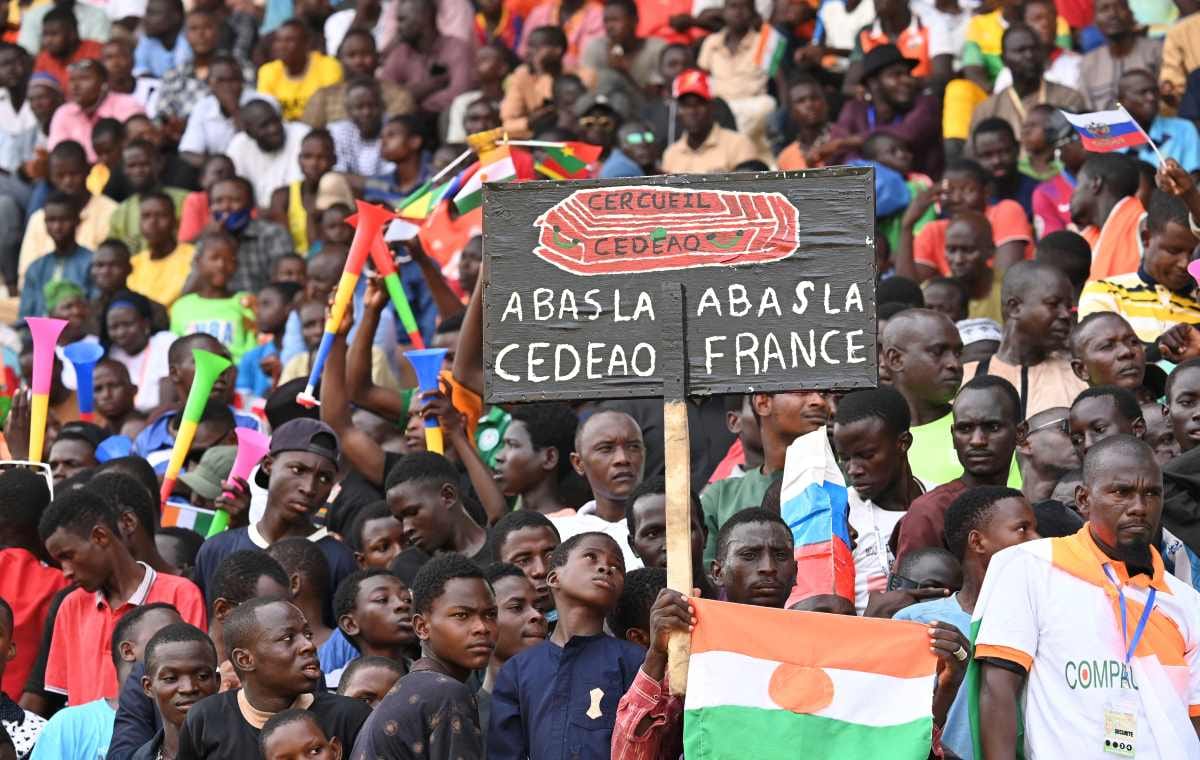
West Africa stands at a crossroads, grappling with sweeping political reforms, simmering social tensions, economic aspirations, and heartbreaking tragedies as August 7, 2025, unfolds across the region.
In Senegal, a landmark overhaul of the National Office for the Fight against Corruption (OFNAC) is underway.
The new law, published under Presidential Decree No. 2025-1312, redefines OFNAC’s role with a sharper focus on preventing and punishing corruption.
“The OFNAC will now report directly to the Presidency, enjoy management autonomy, and will be able to lift banking secrecy,” noted reform advocates.
However, critics like MP Amadou Ba highlight the absence of provisions for recovering assets posthumously, questioning the bill’s full efficacy.
Mali turns its gaze to mineral wealth with renewed vigour. The Minister of Mines, Amadou Keïta, recently inspected the Bougouni lithium site, part of a $65 million project led by LMLB SA.
“We intend to regain control of national resources,” the government declared, with 35% public participation underscoring a commitment to sovereignty. Yet, challenges remain over environmental impacts and local processing amid regional instability.
Meanwhile, The Gambia confronts a migrant crisis as stranded citizens in Tunisia face bureaucratic hurdles. Information Minister Dr. Ismaila Ceesay urged youth accountability: “When they leave, the government is not informed.
But when they are stranded, they blame us.” Efforts to facilitate voluntary returns are underway but hampered by diplomatic and administrative barriers.
In Ivory Coast, President Alassane Ouattara announced a significant end-of-year bonus increase for civil servants and retirees, from one-third to two-thirds of monthly pay, aiming to cushion inflation’s blow. The move, part of wider social safety expansions, signals intent to share economic growth amid rising regional social demands.
Nigeria’s stock market faces turbulence, with foreign capital outflows of 576 billion naira overshadowing inflows. Despite a 61% surge in trading volume, inflation at 22% dampens retail investor confidence, leaving markets volatile yet attractive for yield-seeking investors.
Tragedy struck Ghana as a helicopter crash near Adansi-Akrofuom claimed eight lives, including former Defense Minister Edward Omane Boamah and Environment Minister Ibrahim Murtala Mohammed. National mourning and investigations have followed, spotlighting risks tied to official travel.
In Burkina Faso, Prime Minister Rimtalba Jean Emmanuel Ouédraogo reported a 54% implementation rate for government performance contracts but stressed the need for concrete impacts. The transitional government under Captain Ibrahim Traoré seeks faster, more rigorous reforms amid political shifts.
Niger’s medical students launched the 17th Health Sciences Students Club caravan in Tahoua, focusing on combating maternal and infant mortality. Over 8,000 beneficiaries have been served in past editions, highlighting grassroots health efforts in underserved areas.
Finally, in Guinea, a devastating fire engulfed Madina market in Conakry, severely damaging the main commercial hub. The causes remain unclear, but the disaster underscores the vulnerability of urban infrastructure in the capital.
This mosaic of events paints West Africa’s complex reality — a region striving for reform and stability, yet challenged by enduring fragilities and the urgent need for new approaches to governance and development.



